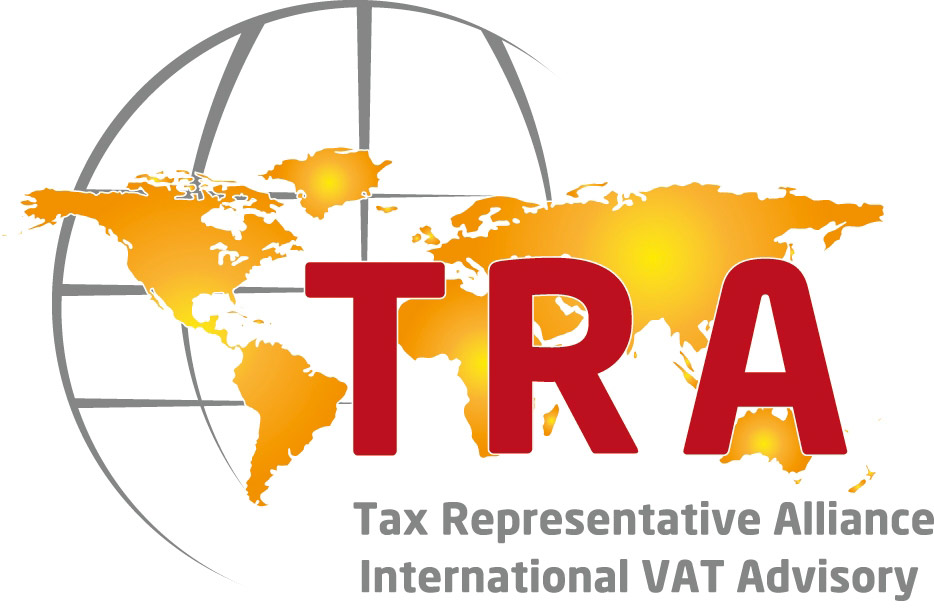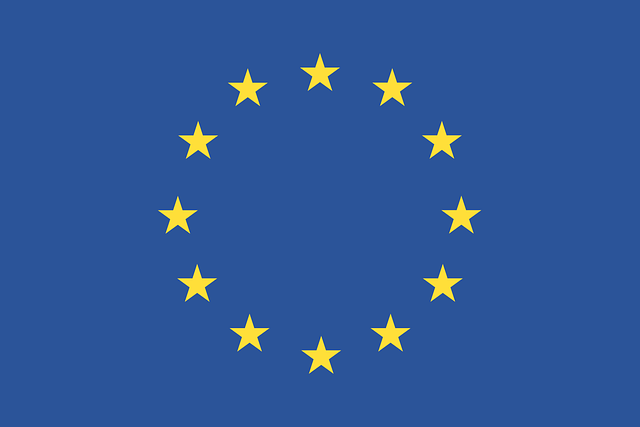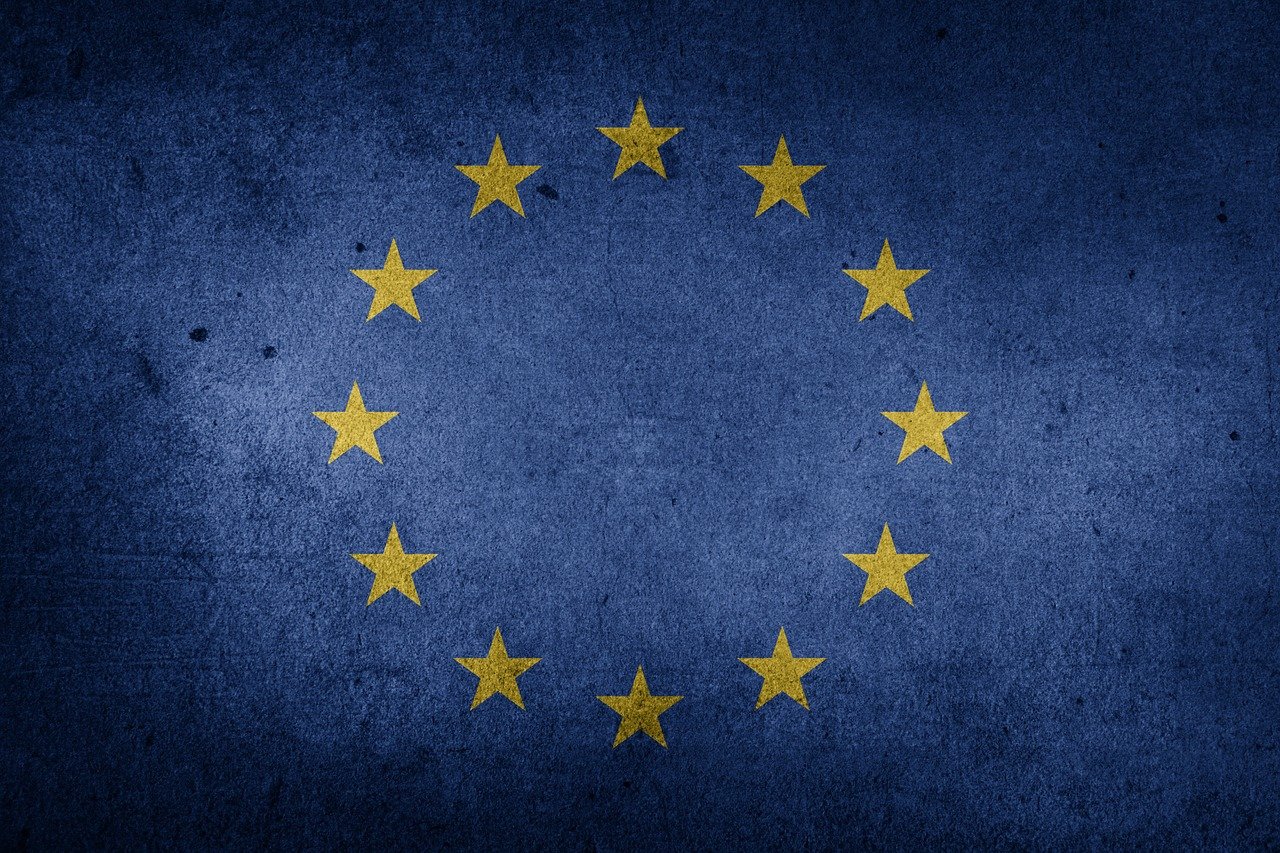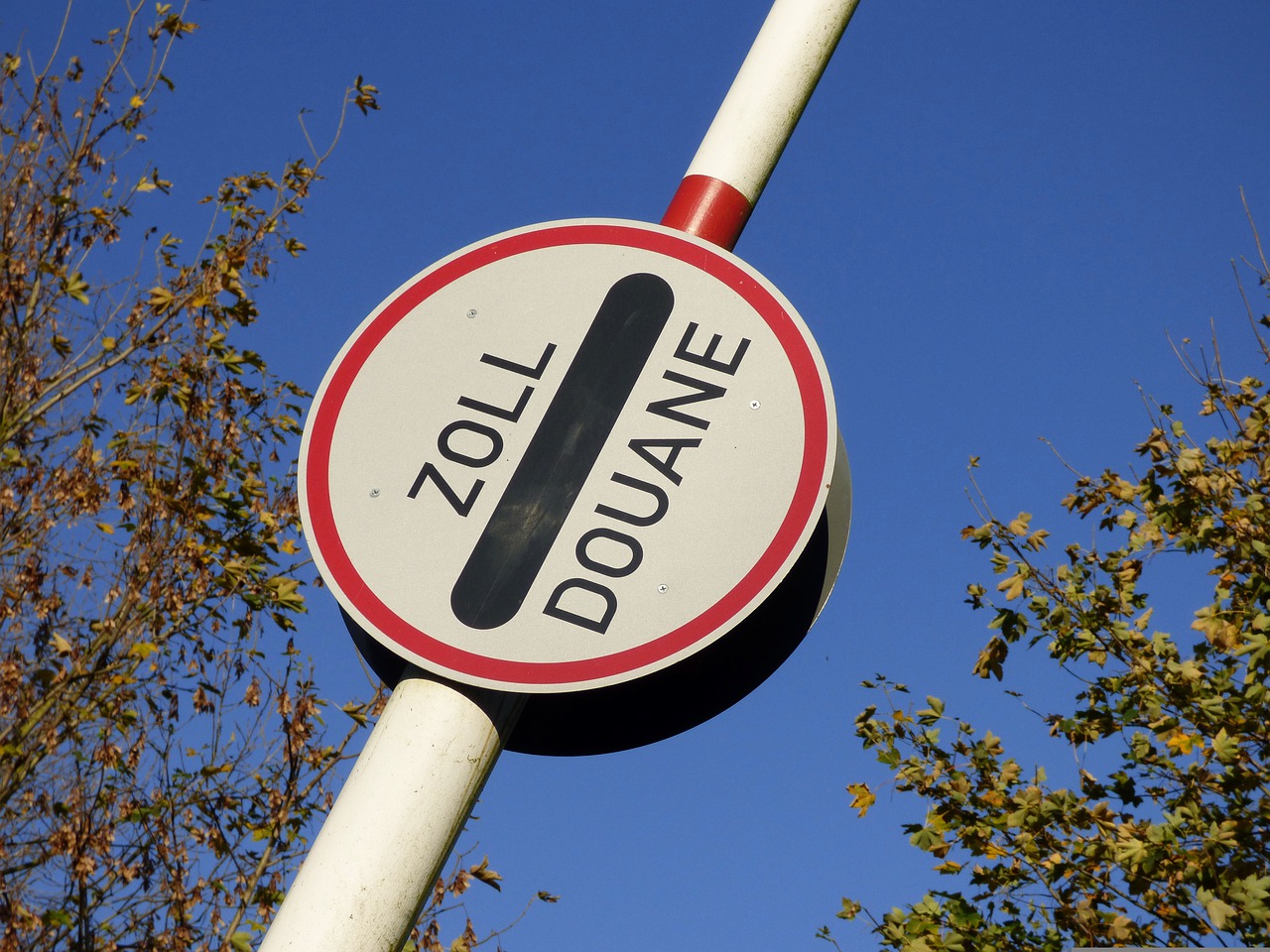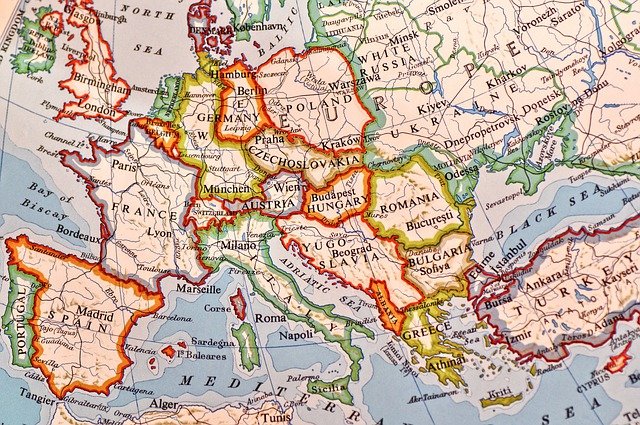Wise Persons Group on Challenges Facing the Customs Union (WPG) was established to generate innovative ideas and concepts that contribute to the ongoing debate about the future of the Customs Union.
The Customs Union, within the European Union (EU), is the largest trading block globally, accounting for over 15% of world trade. In recent years, the Customs Union has faced various challenges, including the rise of e-commerce and increased workload due to the departure of the United Kingdom from the EU Customs Union. Read more
